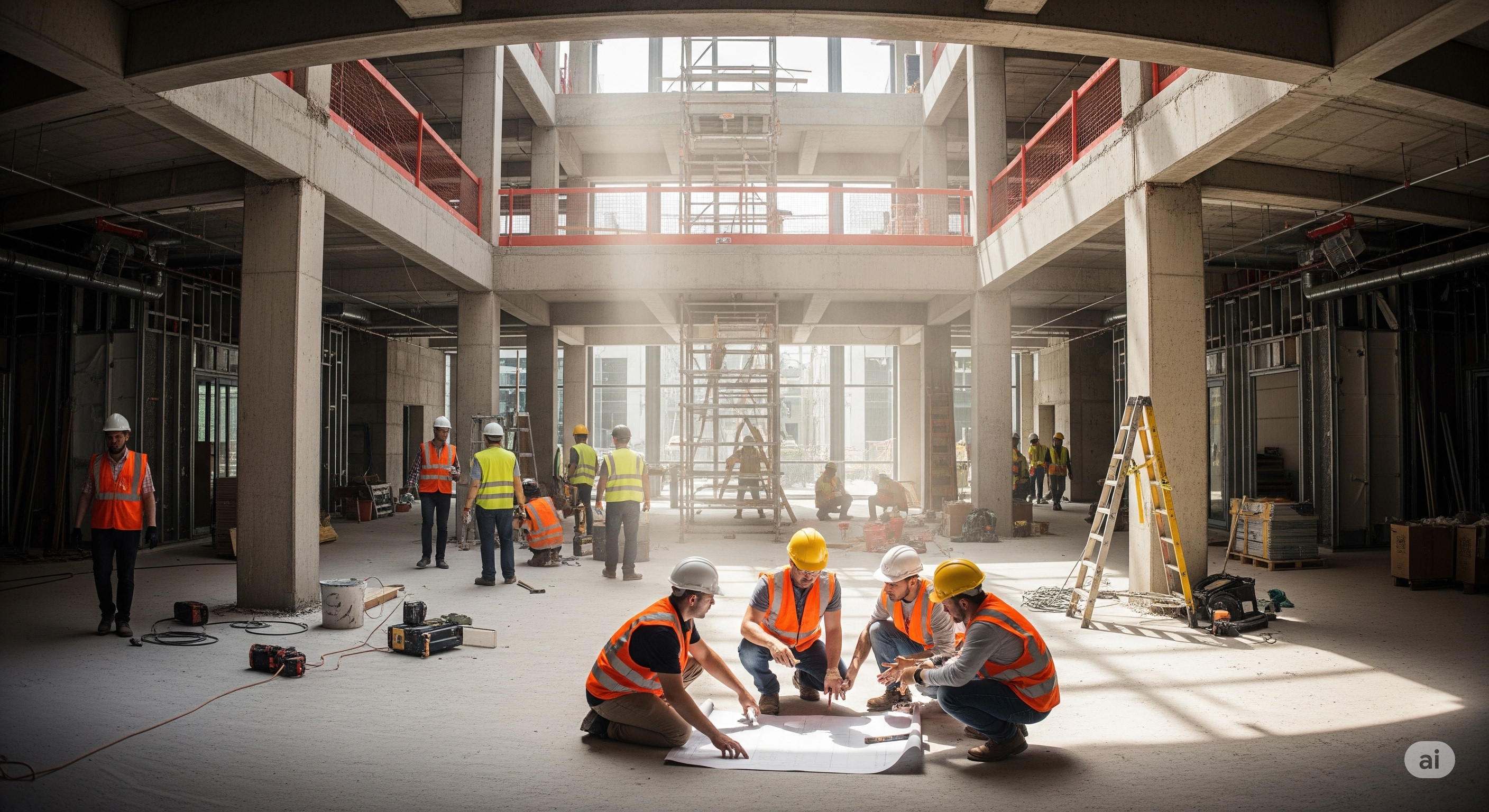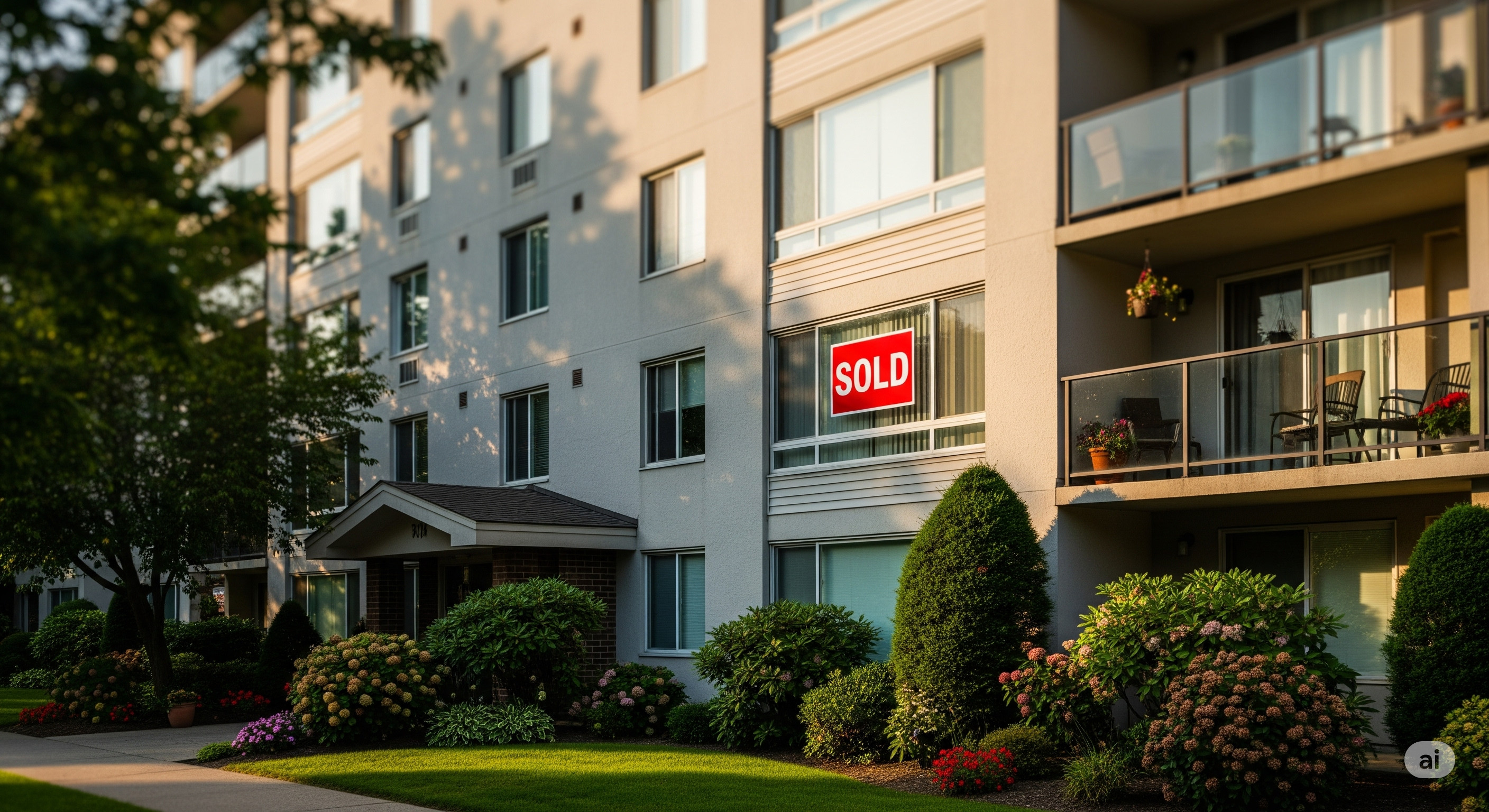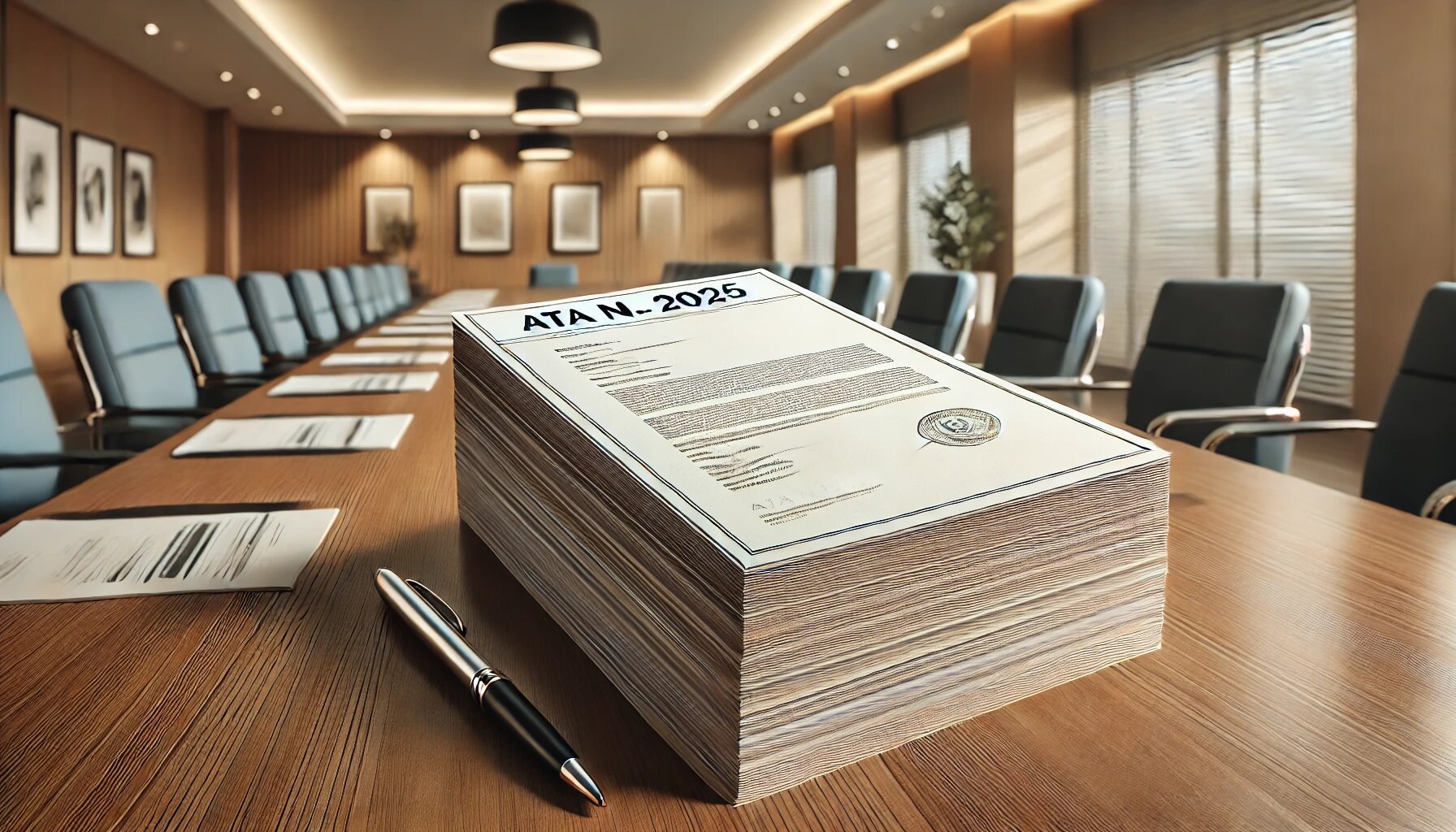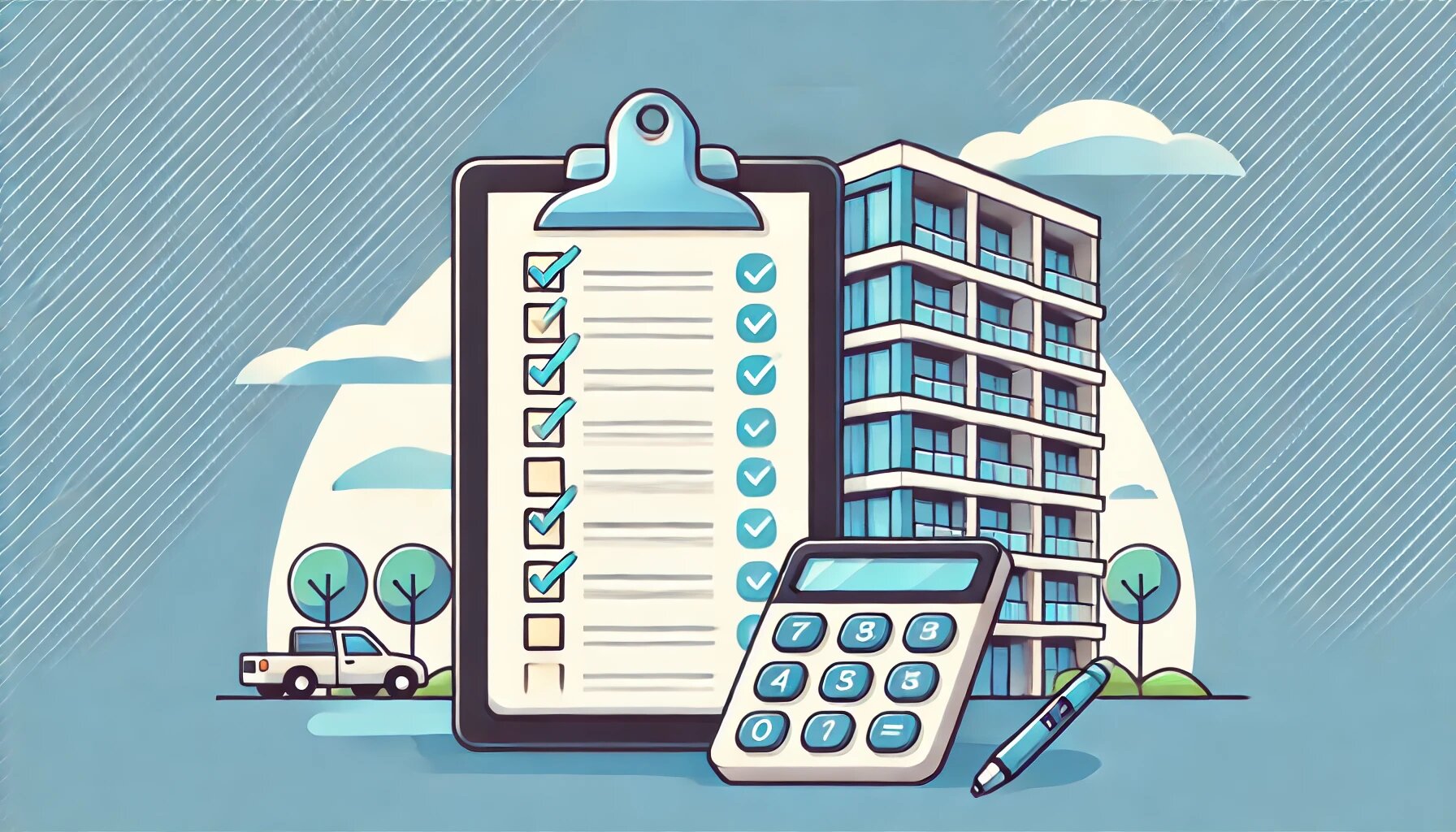Works on Common Areas: Who Decides, Who Pays, and How to Proceed
Works on the common areas of buildings are a frequent reality in condominium life. Roofs, facades, stairwells, or drainage systems require regular maintenance or improvements. But who decides? Who pays? And what legal process must be followed?
What are common areas?
According to Article 1421 of the Portuguese Civil Code, common parts of a building include, among others:
- The land, foundations, structural elements, and roof;
- The main and rear facades;
- Stairs, corridors, elevators, and entrance halls;
- General pipelines and shared water, electricity, and sewage systems.
Who decides on works in the common areas?
Decisions regarding works in the common areas are made by the condominium assembly. According to Article 1430 of the Civil Code, different types of works require different majorities:
- Mandatory maintenance works: Approved by a simple majority of present co-owners.
- Innovative improvements: Require two-thirds of the total ownership value (Art. 1425).
Who pays for the works?
Generally, expenses related to works on common areas are shared by all co-owners in proportion to their property shares (Article 1424 of the Civil Code). Exceptions include:
- If the work benefits only certain co-owners, only they may bear the cost;
- Units with exclusive access to a certain area may be assigned specific costs.
What if it’s urgent?
The administrator can authorize urgent works without prior assembly approval, such as fixing a major water leak. In such cases, co-owners must be informed and expenses presented afterward.
Can co-owners oppose approved works?
Co-owners who disagree with a decision may appeal to court if the resolution is deemed illegal or damaging (Article 1433). The deadline for contesting is 10 working days after the meeting minutes are shared.
Practical recommendations
- Always request detailed estimates before approving works;
- Record all decisions in the minutes and save all expense receipts;
- Check whether the work requires a municipal license.
For more legal information, consult the Portuguese Civil Code.



